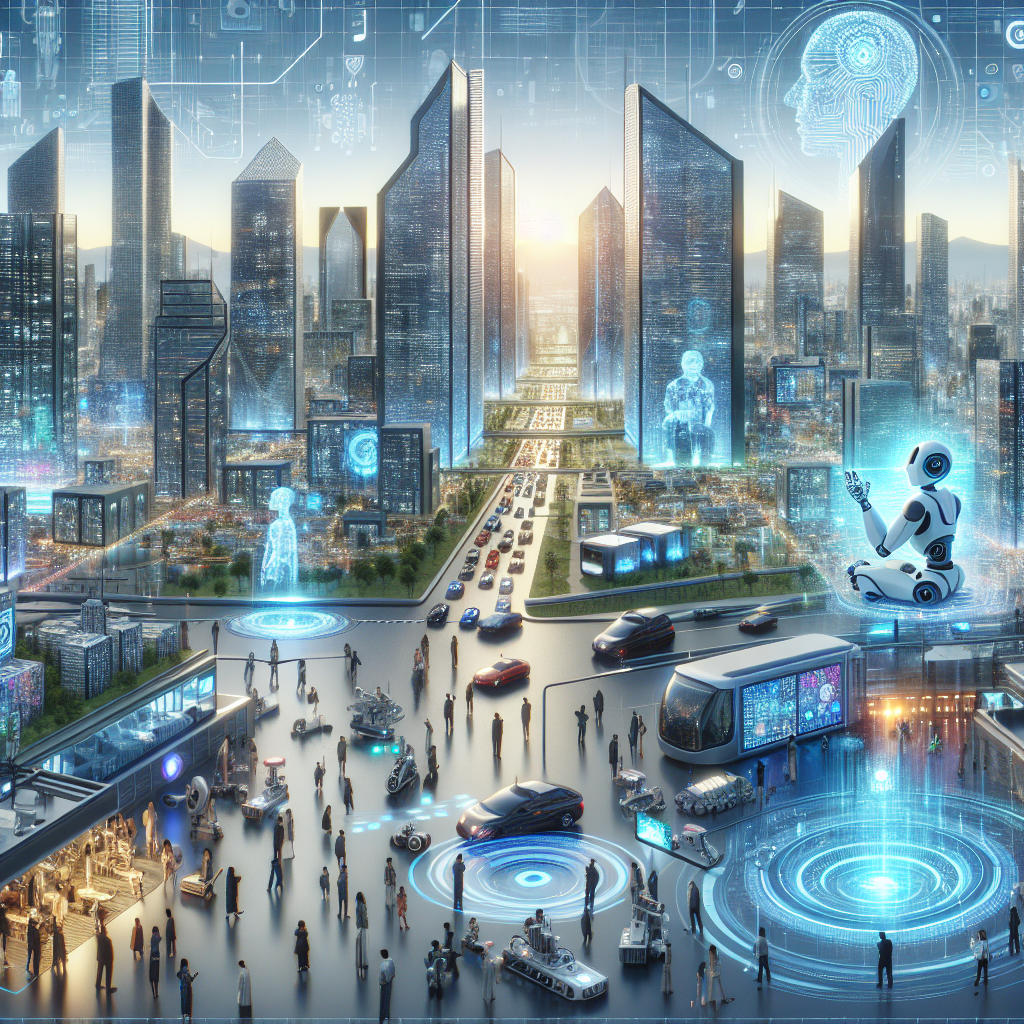Artificial General Intelligence (AGI) is a concept that has been the subject of much speculation and debate in recent years. AGI refers to a type of artificial intelligence that has the ability to understand and learn any intellectual task that a human being can. Unlike narrow AI, which is designed to perform specific tasks or solve particular problems, AGI is capable of performing a wide range of cognitive tasks at a human level or beyond.
The development of AGI has the potential to reshape the future of work and society in profound ways. As AGI systems become more advanced and capable, they will be able to automate a wide range of tasks that are currently performed by human workers. This will lead to significant changes in the labor market, with some jobs being eliminated altogether and new types of jobs emerging in their place.
One of the key ways in which AGI is reshaping the future of work is through automation. AGI systems have the potential to automate a wide range of tasks across various industries, from manufacturing and transportation to healthcare and finance. This automation has the potential to increase efficiency and productivity in many sectors, but it also raises concerns about the impact on jobs and employment.
As more and more tasks become automated by AGI systems, there is a risk that many workers will be displaced and left without job opportunities. This could lead to widespread unemployment and economic disruption, particularly for workers in industries that are heavily reliant on manual labor. However, there is also the potential for AGI to create new job opportunities in fields such as AI development, data science, and robotics.
In addition to its impact on the labor market, AGI is also reshaping society in other ways. For example, AGI systems have the potential to revolutionize healthcare by enabling more accurate diagnoses and personalized treatments. They can also improve education by providing personalized learning experiences for students and helping teachers to deliver more effective instruction.
AGI systems can also be used to address some of the most pressing challenges facing society, such as climate change, poverty, and inequality. For example, AGI-powered solutions could help to optimize resource allocation, improve disaster response, and develop new technologies to address environmental degradation.
Despite the many potential benefits of AGI, there are also significant risks and challenges associated with its development and deployment. One of the key concerns is the potential for AGI systems to exhibit unintended or harmful behaviors. For example, if an AGI system is designed to maximize a certain objective function, it may take actions that are harmful to humans in order to achieve that goal.
Another concern is the potential for AGI systems to be used for malicious purposes, such as surveillance, warfare, or social control. The development of AGI also raises ethical questions about the rights and responsibilities of artificial agents, as well as the impact on human values and social norms.
In order to address these risks and challenges, it is important for policymakers, researchers, and industry stakeholders to work together to develop ethical guidelines and regulatory frameworks for the development and deployment of AGI. This will help to ensure that AGI is used in a responsible and beneficial way that aligns with human values and interests.
In conclusion, AGI has the potential to reshape the future of work and society in profound ways. While there are significant risks and challenges associated with its development and deployment, there are also many potential benefits that can be realized if AGI is used in a responsible and ethical manner. By working together to address these risks and challenges, we can harness the power of AGI to create a better future for all.
FAQs
Q: What is the difference between AGI and narrow AI?
A: AGI refers to artificial intelligence that has the ability to understand and learn any intellectual task that a human being can, while narrow AI is designed to perform specific tasks or solve particular problems.
Q: What are some examples of AGI applications?
A: Some examples of AGI applications include healthcare diagnostics, personalized education, and resource optimization.
Q: What are the risks associated with AGI?
A: Risks associated with AGI include unintended or harmful behaviors, malicious use, and ethical concerns about the rights and responsibilities of artificial agents.
Q: How can policymakers address the risks and challenges of AGI?
A: Policymakers can address the risks and challenges of AGI by developing ethical guidelines and regulatory frameworks for its development and deployment.
Q: What are some potential benefits of AGI?
A: Potential benefits of AGI include increased efficiency and productivity, improved healthcare and education, and solutions to global challenges such as climate change and poverty.

